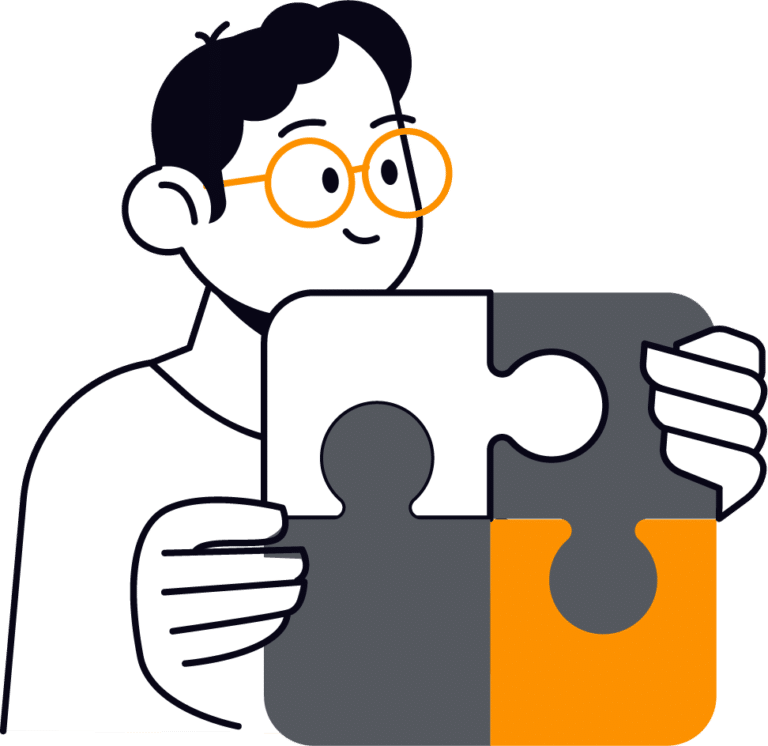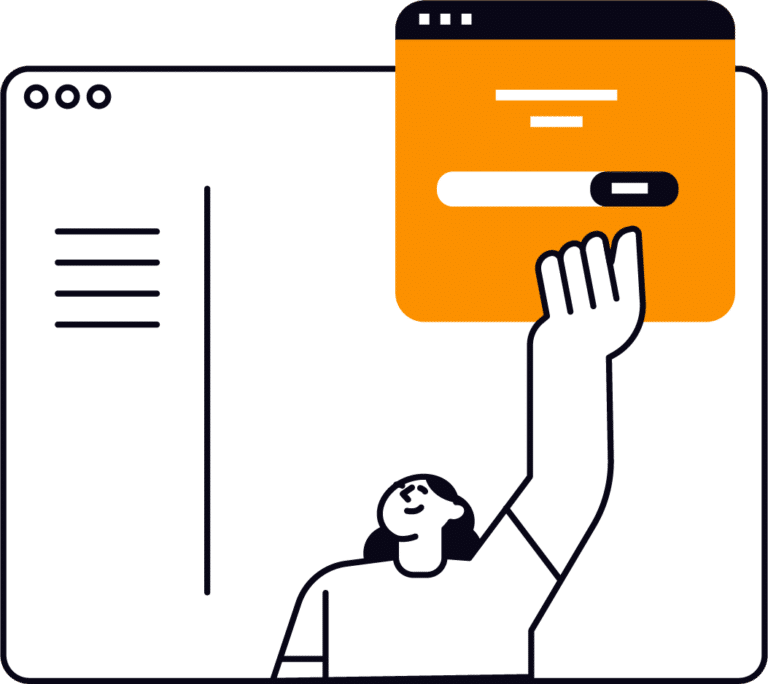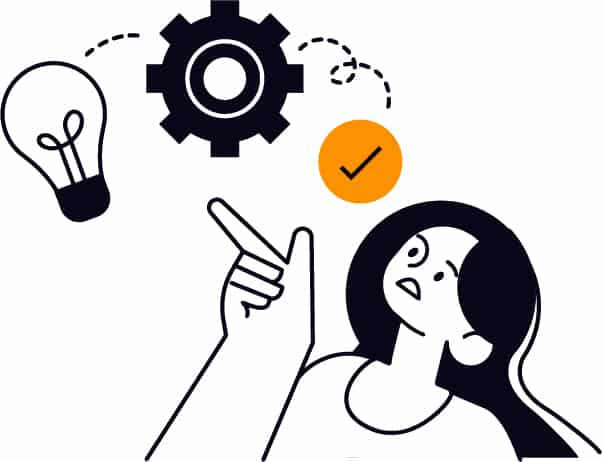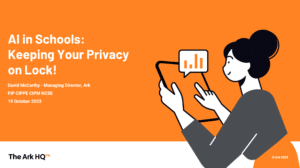AI in Education: Embracing AI while combating plagiarism: A guide for teachers
The integration of Artificial Intelligence (AI) in the education sector has brought about a paradigm shift in teaching and learning practices.
The adoption of AI technologies in classrooms has empowered teachers to personalise learning, streamline assessments, and better support students with diverse needs.
However, with the increasing sophistication of AI-generated content, plagiarism has emerged as a pressing concern.
In this blog, we’ll explore the role of AI in education, the challenges posed by plagiarism, and strategies that teachers can adopt to address these issues while promoting academic integrity.
The Growing Adoption of AI in the Education Sector
AI-powered tools have found their way into various aspects of the education system, transforming the way we teach and learn. Some notable applications of AI in education include:
- Personalized learning and adaptive curriculums: AI algorithms can analyze students’ strengths, weaknesses, and learning styles, allowing teachers to tailor their instruction accordingly. This personalized approach can significantly improve learning outcomes and student engagement.
- Virtual tutors and assistants: AI-powered chatbots and virtual tutors can provide students with instant feedback and support, answering questions, and guiding them through complex concepts.
- Grading and assessment automation: AI can automate the grading process for multiple-choice tests and, to some extent, even written assignments, saving teachers time and reducing the potential for human error.
The issue of plagiarism and what it means for schools
Despite the benefits of AI, the technology has also contributed to the rise of plagiarism. With easy access to information and digital tools, copying and pasting content has become effortless. Moreover, AI-powered tools like Chat GPT-series models can generate human-like text, making it easier for students to pass off generated content as their own.
The consequences of plagiarism are far-reaching, affecting both schools and students. Plagiarism undermines academic integrity and credibility, which in turn leads to ethical implications. It also hinders the development of critical thinking and problem-solving skills, which are essential for students’ success in their academic and professional lives.
Strategies for teachers to address plagiarism concerns
To tackle the issue of plagiarism and promote academic integrity, teachers can adopt the following strategies:
a) Educate students about plagiarism and academic integrity
- Clearly define plagiarism and provide examples to help students understand what constitutes as unethical behaviour.
- Explain the importance of intellectual property, emphasising the value of giving credit to original authors and researchers.
- Discuss the consequences of plagiarism, including academic penalties, damage to personal and professional reputation, and potential legal ramifications.
b) Encourage original thinking and proper citation practices
- Foster a classroom culture that values creativity, originality, and independent thought by praising and rewarding innovative ideas.
- Teach students proper citation styles and techniques, depending on the academic discipline.
- Provide resources and guidance on how to effectively paraphrase and summarise information from various sources without plagiarising.
c) Discuss limitations and potential pitfalls of AI-generated content
- Educate students on the potential biases, inaccuracies, and limitations of AI-generated content, encouraging them to verify the information and critically evaluate the quality of the content.
- Emphasise the importance of evaluating AI-generated text and its sources to ensure the credibility and reliability of the information.
- Address the ethical implications of using AI-generated content without proper attribution, stressing that it is equivalent to plagiarism and violates academic integrity.
Conclusion
As AI continues to revolutionize the education sector, it is crucial for teachers to be vigilant about its impact on plagiarism and academic integrity.
By incorporating strategies such as educating students on plagiarism, promoting original thinking, and discussing the limitations of AI-generated content, teachers can equip their students to navigate the challenges posed by technology while benefiting from the many advantages it provides.
By fostering a culture of integrity in the classroom, teachers can help students develop essential skills and values that will serve them well throughout their academic and professional lives.













